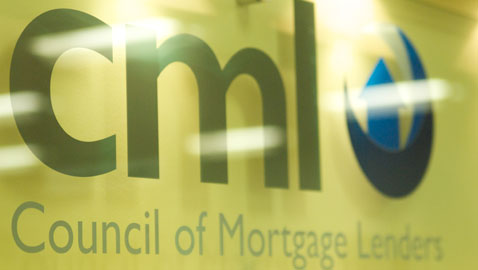
The Council of Mortgage Lenders (CML) has estimated that gross mortgage lending reached £17.5 billion in June.
This is 4% higher than May (£16.8 billion), 17% higher than June last year (£14.9 billion) and the highest monthly figure since October last year (£17.6 billion).
Gross mortgage lending for the second quarter of this year was therefore an estimated £50.8 billion. This represents a 10% increase from the first three months of this year, and a 21% increase on the second quarter of 2013 (£41.9 billion).
CML chief economist Bob Pannell said: “The macro-prudential interventions announced by the Financial Policy Committee in late June are finely calibrated and precautionary, but could nevertheless reinforce April’s Mortgage Market Review in tipping the UK towards a more conservative lending environment.
“It is difficult to gauge the short-term direction for house purchase activity and mortgage lending more generally, given unknown regulatory impacts and uncertainty as to when the first in a series of interest rate increases will take place.”
Richard Sexton, director of e.surv chartered surveyors, said: “MMR has had a steadying effect on the mortgage market, and lending is stabilising as banks adjust to the new rules. It has enforced a marked change in the application process. Borrowers are being given more advice than ever, and their loans are being stress-tested against a future interest rate rise. House purchase lending has been cooling off for six consecutive months, with the looming prospect of a base rate rise and uncertainty about the changing regulatory landscape, putting off some home-owners from trading up.
“The regulatory changes haven’t dented demand among first-time buyers. Compared to a year ago, banks are far more willing to lend to high LTV borrowers. And more and more borrowers are looking to high LTV mortgages as a way to get onto the property ladder as house prices grow at a faster pace than wages. But for many first timers, the new loan-to-income caps could make it more difficult to make that initial step onto the housing ladder. In some parts of London, house prices have increased by around a fifth over the last year, but wages have remained largely flat.
“The wage and house price growth divergence has pushed many buyers to take out higher loan-to-income mortgages. The new caps will make this less of a possibility – and could prevent many worth buyers from accessing mortgages. At the same time, the caps won’t have the desired effect on price growth, which will continue to be pushed up by demand from foreign investors and buy-to-let landlords.”
